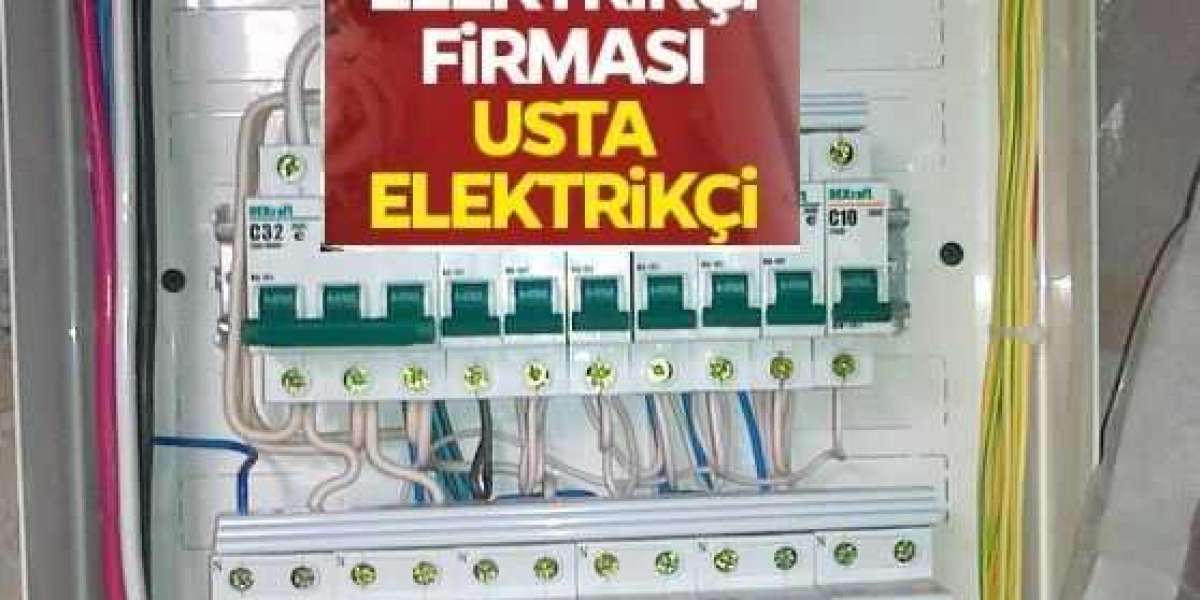Are you ready to harness the power of the sun to fuel your RV adventures? Installing solar panels on your RV can provide you with a sustainable and cost-effective way to power your appliances and electronics while on the road. In this beginner's guide, we will explore the ins and outs of RV solar panels, from understanding the basics to choosing the right setup for your needs.
Understanding RV Solar Panels
Before diving into the world of RV solar panels, it's essential to understand how they work. Solar panels are designed to capture sunlight and convert it into electricity through photovoltaic cells. This electricity can then be stored in batteries or used to power your RV directly. The key components of an RV solar power system include solar panels, a charge controller, batteries, an inverter, and wiring.
When it comes to choosing solar panels for your RV, there are several factors to consider, including the size of your RV, your energy consumption needs, and the amount of sunlight you expect to receive. It's important to conduct a thorough assessment of your power requirements before investing in a solar panel system.
Benefits of RV Solar Panels
There are numerous benefits to installing solar panels on your RV. Firstly, solar power is a clean and renewable energy source, which means you can reduce your carbon footprint while enjoying the great outdoors. Additionally, solar panels can provide you with independence from traditional power sources, allowing you to camp off-grid for longer periods. Moreover, investing in RV solar panels can lead to long-term cost savings by reducing your reliance on fuel-powered generators.
Another advantage of RV solar panels is their low maintenance requirements. Once installed, solar panels typically require minimal upkeep, making them a hassle-free addition to your RV.
Choosing the Right RV Solar Panel Setup
When it comes to selecting the right solar panel setup for your RV, there are several options to consider. Monocrystalline and polycrystalline solar panels are two common types of solar panels used in RV applications. Monocrystalline panels are known for their high efficiency and sleek design, while polycrystalline panels are a more budget-friendly option.
Additionally, you'll need to decide whether you want a portable solar panel kit or a fixed installation on the roof of your RV. Portable kits offer flexibility and can be positioned to capture the most sunlight, while roof-mounted panels are a permanent and convenient solution.
Installing RV Solar Panels
Once you've chosen the right solar panel setup for your RV, it's time to tackle the installation process. While some RV enthusiasts may opt for professional installation, many choose to install solar panels themselves. It's important to follow the manufacturer's instructions carefully and ensure that the panels are securely mounted to withstand travel vibrations.
Furthermore, proper wiring and connection of the solar panels to the charge controller and batteries are crucial for the system to function effectively. It's recommended to use high-quality wiring and connectors to minimize power loss and ensure safety.
As you embark on your journey with rv solar panels, remember to monitor your energy usage and battery levels regularly to optimize your solar power system's performance.
In conclusion, embracing RV solar panels can revolutionize the way you experience life on the road. By harnessing the sun's energy, you can enjoy the freedom of off-grid camping while reducing your environmental impact. Whether you're a seasoned RVer or a novice, exploring the world of RV solar panels can open up a world of possibilities for your adventures.







